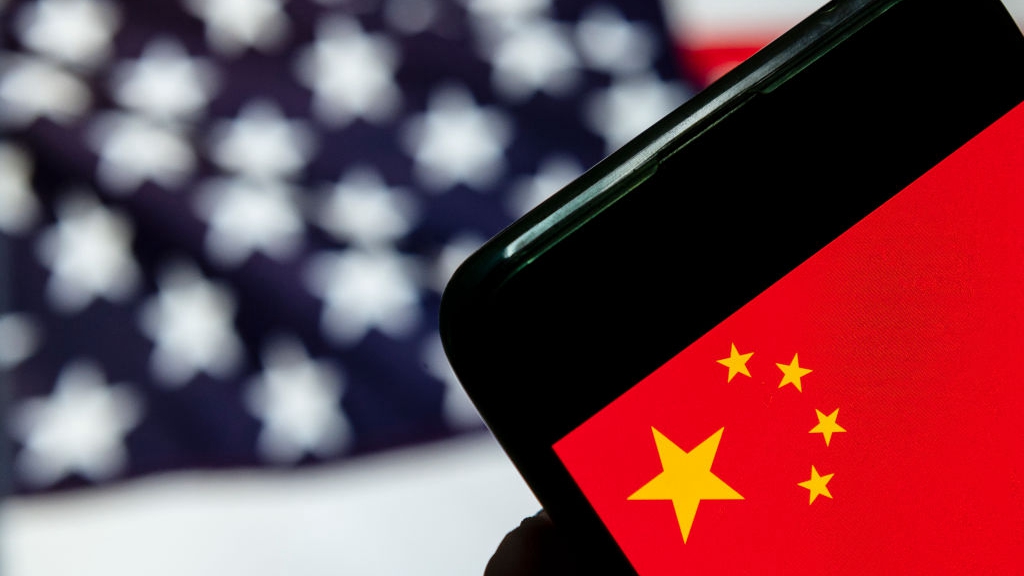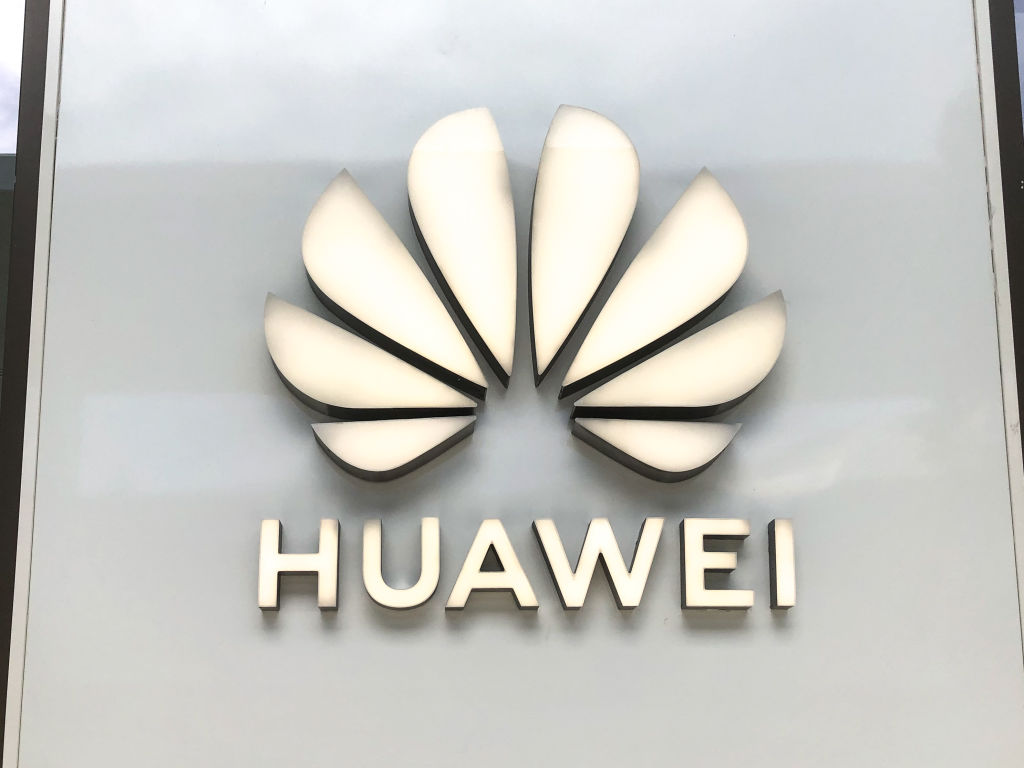
Editor's note: Wamika Kapur is a fellow at international think tank Global Policy Insights and an Indian PhD scholar of international relations at South Korea's Yonsei University. The article reflects the author's opinions, and not necessarily the views of CGTN.
The "cancel culture," a new phenomenon which has overtaken some Western societies, is a form of cultural boycott in which a majority group "cancels" or withdraws support from an entity with an objectional view, often leading to group shaming and pecuniary damage. The debate on cancellation has divided people along political and generational lines with severe societal implications.
While there is ample discussion of this phenomenon domestically, very little has been done to connect it to international politics despite international theorists like Fareed Zakaria and Noam Chomsky and former U.S. President Barack Obama joining the debate. While usually this is applied to people and companies, I posit that elements of the current U.S.-China war are an extension of Western cancel culture into its foreign policy.
The U.S.-China war, which started as a trade war, a geo-techno war, has taken on cultural aspects in the recent year, fueling a form of hybrid warfare. The applicability of the phenomenon on America's actions can be checked from three aspects: a public entity, objectionable or offensive content, and group shaming.
By referring to China as a strategic competitor in its 2017 National Security Strategy, America acknowledged China's rising clout. The Made in China 2025 (MIC) plan, announced in 2015, outlines a plan for "innovation-led development" which aims at making domestic companies self-sufficient, attaining know-how and turning China into a production hub for high-tech products.
This provokes America's anxiety over its economic and technological leadership which checks the first two boxes.
The Trump administration has accused China of forced technology transfers, stealing intellectual property, espionage plots, creating an uneven playing field in the Chinese market and being a threat to national security.
The recent actions taken by the Trump administration which fit the bill would be increased tariffs, announcing of bans on Chinese apps like TikTok and WeChat, adding over 195 Chinese companies to the Entity List, most prominently attacking Huawei's 5G network and ZTE, shutting down China's consulate in Houston, removal of Chinese journalists, visa restrictions on Chinese students studying at American universities, condemning alleged human rights violations in Xinjiang, funding Hong Kong protests and crackdowns on Confucius Institutes.
Further, attempts have been made to influence foreign governments into banning Chinese products under the guise of national security. Currently, Huawei's 5G has been banned by five countries officially and many countries have also instituted shadow bans.

India's case is further complicated owing to the current border dispute in Galwan valley which has led it to boycott Chinese tech, investments and institutes fueled by nationalism and pride. Collectively, this fulfills the third criteria.
The debate on cancel culture is very much alive with one side considering it regressive, violating freedom of speech and an attempt by overly sensitive individuals seeking attention. The other side contends that it is a means for society to evolve and hold oppressors accountable.
However, the issue with using cancellations as foreign policy is that it is a form of extrajudicial punishment levied by a dominant section of society, in this case, the West. Cancelling is about power and who sets the standards. It is an example of using the West's soft power and pack mentality to create echo chambers where anything perceived as different necessarily becomes wrong.
The aim of China's MIC plan, based on Germany's "Industry 4.0" initiative, is national rejuvenation, developing its manufacturing sector based on unreliable foreign markets catering to national development. However, perceptions are being manipulated to make it seem predatory.
This also brings into picture the concept of 'polite society,' and if Trump's Twitter account is held as a standard, we no longer live in one. Hence, the resolution of disagreements has taken a toxic flavor curbing dissent and variety of opinion. It is ironic that while the West espouses freedom of speech as a fundamental human right, it is willing to abuse it for political gain.
This is not a new tactic, as Edward Said posits in his book "Orientalism," the world is divided into "us" and "them," the West and the rest, and China actively challenges that status quo. Trump's foreign policy is using cancellation to push forward the scapegoat hypothesis and metus hostilis, fear of the enemy, to gain national cohesion before elections.
The political ends behind this are selfish and not aimed at the betterment of society, becoming a tool for domination and suppressing competition.
Cancelling isn't necessarily a bad thing but when it is based on a culture of "distrust and verify," it is often seen that verification becomes optional. The stakes at the unit level are loss of celebrity status and creation of an intolerant society. However, as a foreign policy it can have repercussions for the entire world, creating tech lash, unilateralism, isolationism and bifurcation of the global community, forcing it to compromise trade or security.
America must realize that the foundations of a healthy international environment are being replaced by uncertainty and totalitarianism based on intellectual conformity, taking us back to pre-cold war realism where nations were evaluated in terms of power in an anarchic system.
(If you want to contribute and have specific expertise, please contact us at opinions@cgtn.com.)